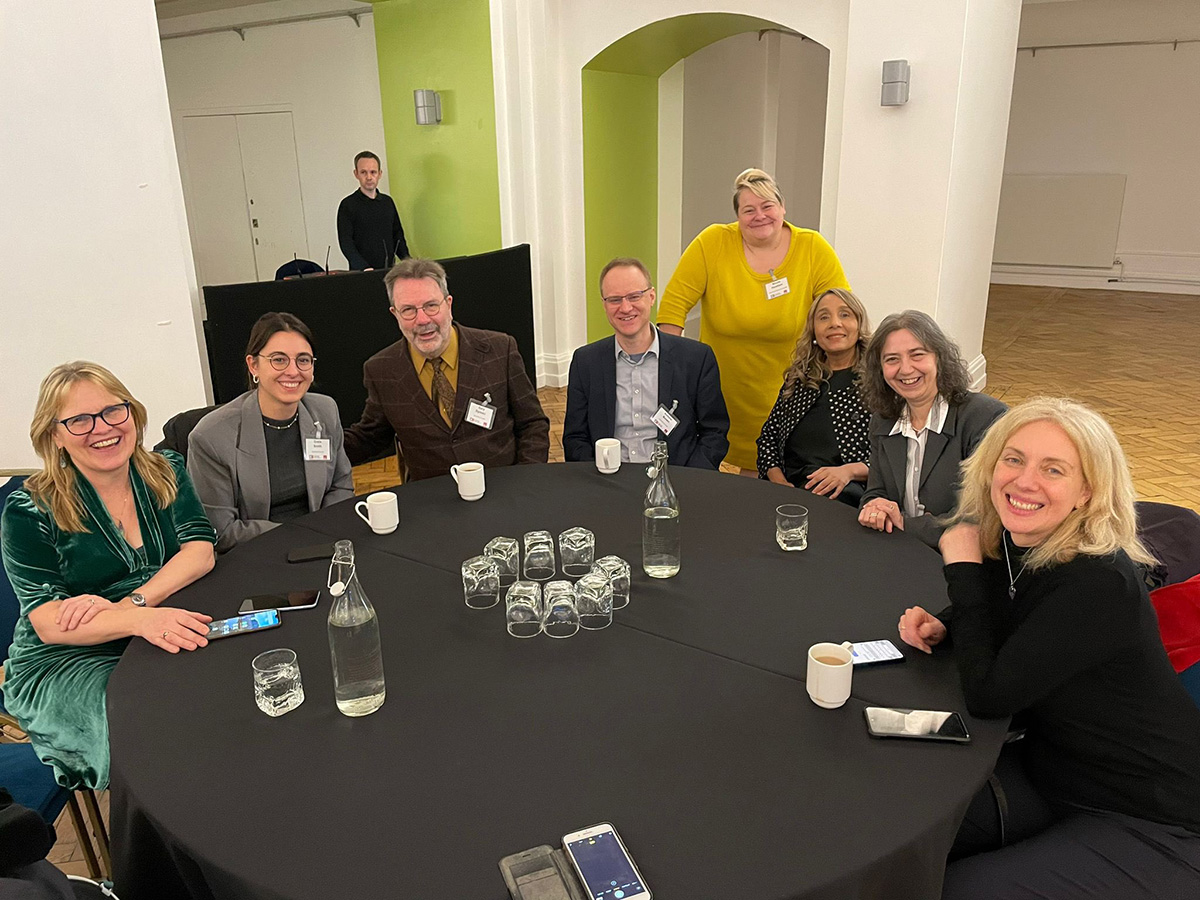Reflecting on the recent launch of the Yorkshire and Humber Policy Innovation Partnership (YPIP) – funded by the Economic and Social Research Council (ESRC) as part of the wider Local Policy Innovation Partnerships (LPIPs) programme to address regional inequalities around the UK.
Over the past decade, investment in university policy engagement has enhanced the capacity of researchers and institutions to deliver real benefits and growth for citizens and communities across the country. This has been achieved through the gathering of knowledge and insight to support policymaking as well as the cross-pollination of ideas and sharing of expertise between a range of public, private and community stakeholders at local, regional and national levels.
This significant investment in the Yorkshire and Humber Policy Innovation Partnership (YPIP) will further harness the power of research and innovation across our region. YPIP has adopted ‘communities in their places’ as its cross-cutting theme. This will involve building structures and processes that empower low-income, marginalised and geographically isolated communities across the region. Given this overarching focus, YPIP will undertake initiatives in three substantive areas.
“We want to make a difference on the inclusive growth and sustainability living challenges facing people across the region.”
Professor Gary Dymski, YPIP Principal Investigator
A stepwise approach to change
First, in laying the foundations for change, YPIP is currently working with local authorities, the Yorkshire and Humber Climate Commission (YHCC) and Yorkshire & Humber Policy Engagement & Research Network (Y-PERN) to create an integrated Data Informatics Hub for the region. YPIP will then develop the Yorkshire Engagement Portal as an ‘active’ platform for stakeholder engagement, especially from community members.
Second, with a focus on supporting inclusive growth, YPIP will adopt ‘What works’ inclusive business practices. This will be achieved through the creation of business partnerships and networks that can spread inclusive practices across the region. Support will also be provided for younger residents who are intent on building careers via the creative economy and entrepreneurship, using Bradford2025 ‘UK City of Culture’ as an entry point to develop region-wide inclusive networks.

Third, to support sustainable living, YPIP and YHCC will work together to identify cost-effective retrofit interventions for a range of places and building types, generating standards that can unlock net zero carbon and climate readiness measures. Place-based demonstrators of Net Zero initiatives will also be undertaken.
Collaborate to innovate
Overall, YPIP represents a concerted effort by a unique team of collaborating institutions, organizations, and individuals across Yorkshire and the Humber. Professor Gary Dymski of Leeds University Business School at the University of Leeds is the principal investigator and is working closely with YPIP co-director Kersten England, chair of Bradford2025, board chair of the Young Foundation and appointee of (as well as former executive director of) the Yorkshire and Humber Leaders Board.
Importantly, YPIP will bring together a team of 24 co-investigators (16 drawn from the 12 universities of Yorkshire and Humber region, four representing different local authorities, three representing community-based organizations and one representing the Yorkshire and Humber Climate Commission). They will use co-production, co-design, and co-delivery methods to mobilise the collaborative potential of our communities and businesses, thus enhancing our region’s voice, productivity and long-term capacity.
To oversee and advise on its activities, YPIP will also have a board of directors comprised of business, university, third-sector and community leaders. As well as Y-PERN and YHCC, other regional partner organisations working with YPIP include Yorkshire Universities, Yorkshire and Humber Councils, the National Institute for Health Research Applied Research Collaboration Yorkshire and Humber and the Yorkshire Asian Business Association.
The national picture
YPIP’s activities got underway in January 2024 and will come to a close by December 2026. It will be funded by UKRI, with important contributions from the participating universities and other organizations. YPIP is one of four pilot Local Policy Innovation Partnerships (LPIPs) being initiated in the UK. In addition to YPIP, there are LPIP initiatives in each of the three devolved nations: Northern Ireland, Scotland and Wales. An LPIP Coordinating Hub, also funded by UKRI, is located at the University of Birmingham.
Commenting on the launch of YPIP, Principal Investigator, Professor Gary Dymski, commented: “All the members of our YPIP team are excited that we’ll have the opportunity to make a difference for the communities, councils and businesses of Yorkshire and the Humber.
“We are a vast region with a diverse population that resides in spaces ranging from remote rural hamlets to dense inner-city neighbourhoods. Our plan is ambitious: we want to make a difference on the inclusive growth and sustainability living challenges facing people across its length and breadth. YPIP gives our 12 Yorkshire universities some resources to use in this common effort.”



